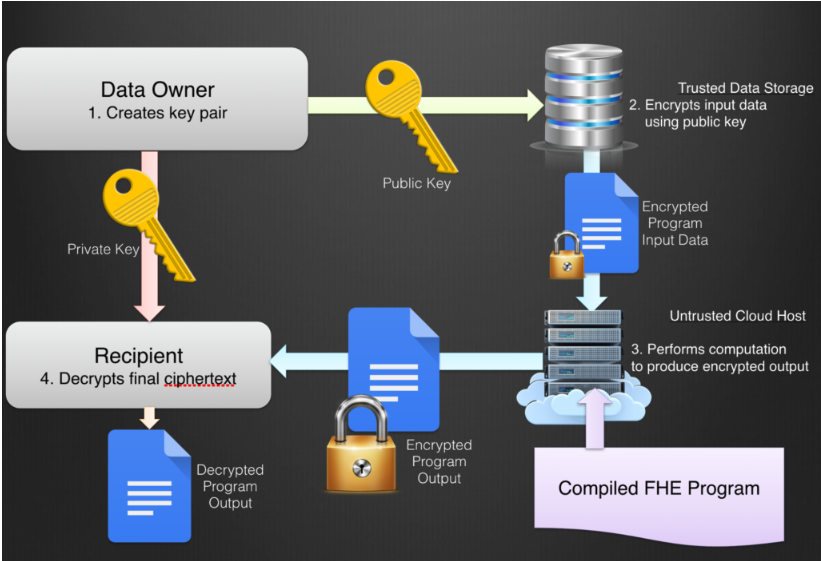In the cryptocurrency industry, the quest for enhanced security measures is perpetual. One promising development on this front is fully homomorphic encryption, a revolutionary form of encryption that could significantly bolster the security of blockchain technology.
Amid growing concerns over data privacy and cybersecurity, Paris-based startup Zama’s recent funding success highlights the growing interest and investment in this cutting-edge technology.
Is Homomorphic Encryption the Solution?
Zama has raised $73 million in a Series A funding round led by crypto venture fund Multicoin Capital and Filecoin creator Protocol Labs. This infusion of capital reflects the industry’s recognition of fully homomorphic encryption’s potential to transform data privacy and security.
According to Zama’s CEO, Rand Hindi, the technology allows computations on encrypted data. In doing so, it offers a new approach to maintaining data privacy across various sectors, including blockchain and artificial intelligence.
Blockchain technology, best known for underpinning cryptocurrencies like Bitcoin, has been heralded for its ability to provide secure, transparent transactions. However, as the technology has proliferated into other applications, concerns over its vulnerability to sophisticated cyber-attacks have emerged.
Read more: Deploying Blockchain Infrastructure: Challenges and Solutions

How Fully Homomorphic Encryption Works. Source: Galois
Fully homomorphic encryption solves this critical challenge by allowing data to remain encrypted during processing. This advanced form of encryption could be a game-changer for blockchain, enhancing its security by protecting data not only in storage and transmission but also when people use it.
This adds a vital layer of security, ensuring that sensitive information remains protected at all times, addressing one of the significant vulnerabilities of blockchain technology.
However, the broader implications of Zama’s work are far-reaching. By making fully homomorphic encryption “extremely easy to use,” as Hindi points out, developers without deep knowledge of cryptography can integrate this advanced security measure into their applications.
Eventually, this democratization of high-level encryption could significantly accelerate the adoption of safer and more secure data practices across industries. The increasing frequency and sophistication of cyber-attacks highlight the urgent need for enhanced security measures.
Read more: What is Zero-Trust Architecture? A Guide to Blockchain Security
With its myriad applications, from finance to supply chain management, blockchain benefits immensely from integrating fully homomorphic encryption. Indeed, this latest technology ensures that it can continue to offer a secure, decentralized platform for transactions and data storage.
Disclaimer
All the information contained on our website is published in good faith and for general information purposes only. Any action the reader takes upon the information found on our website is strictly at their own risk.


